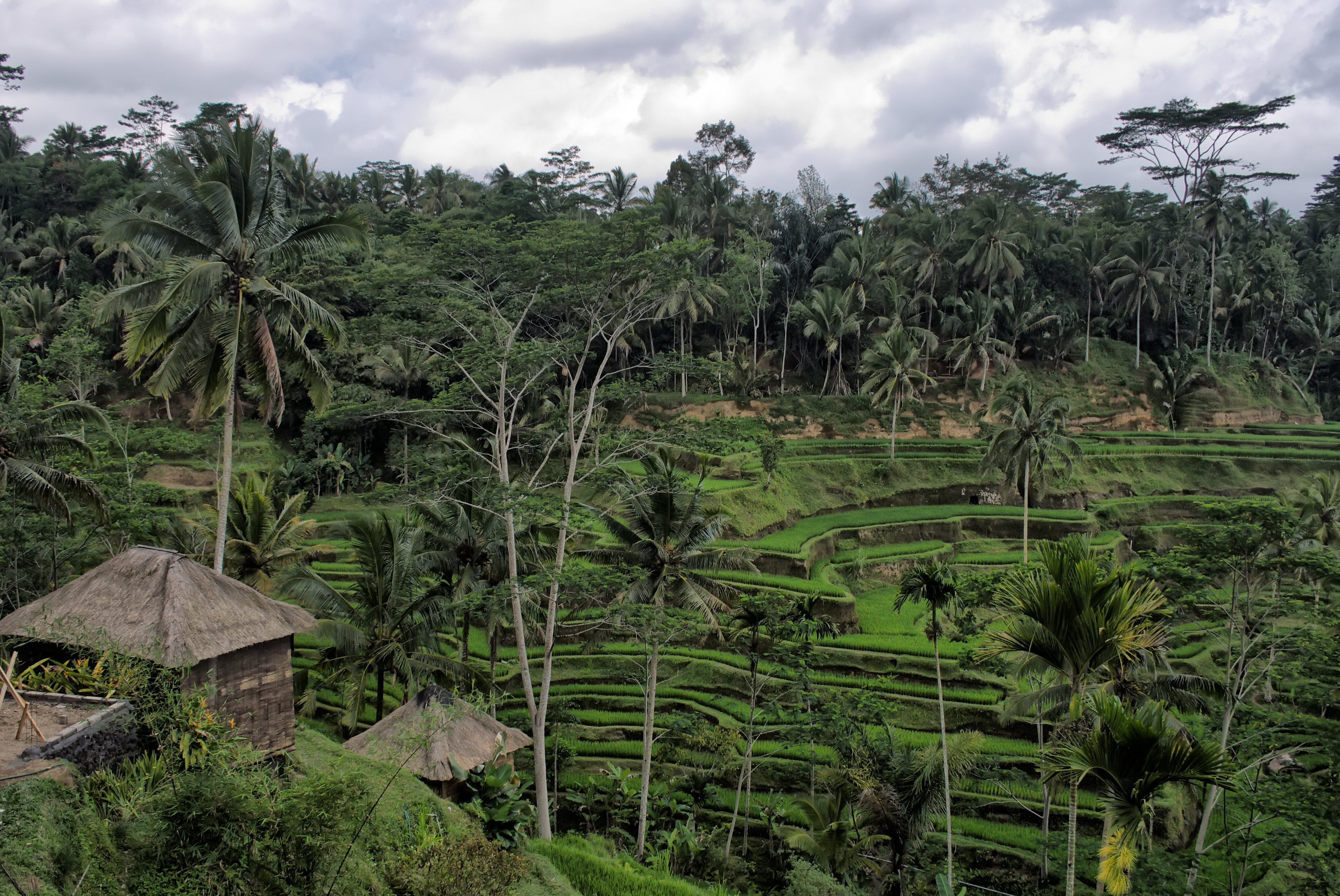
Photo by F. Langerwisch
Background
Humankind benefits from a multitude of resources and processes that are supplied by natural ecosystems. These benefits are known as ecosystem services (ES). Process-based modelling can strongly increase the quality of ES assessment with respect to climate-changed induced threats to ecosystem services, and the potential to incorporate the feedbacks between the ecosystems under consideration and environmental controls. This is particularly important for regulating services, but has also implications on many other services, such as food and timber production.
Research goals and questions
Using process-based ecosystem models such as LPJmL and LPJmL-FIT, we can quantify impacts of climate and land-use change on the provision of ecosystem services, specifically climate regulation services for regional climate. We study how (abrupt) changes in ES provision affect ecosystem functioning as well as human well-being and society.
- How do changes in climate regulations feed back to ecosystem functioning and ES provision?
- What are critical thresholds to prevent tipping points in regional climates and ES provision?
- What will be climate-change impacts on ES provision and human well-being?
Outcome
We have worked on conceptualizing1 the use of DGVM output in quantifying ES provision at the country- and continental scale which became part of GEO BON Handbook on biodiversity monitoring and was applied to rice-related ES in Southeast Asia2 in the Atlas of Ecosystem Services. We have worked with an international team to quantify and valuation of carbon sequestration and carbon storage in Mexico, Bolivia and the Brazilian Amazon and emphasized the importance of carbon stored in litter and soils in PES schemes. Climate change will likely shorten winter overland travel in the pan-arctic due to global warming and degrading permafrost and will likely affect human well-being of, e.g., arctic communities.
1 Boit et al. in Atlas of Ecosystem Services, ch.10, Springer 2019.
2 Settele et al. in Atlas of Ecosystem Services, ch.57, Springer 2019.





